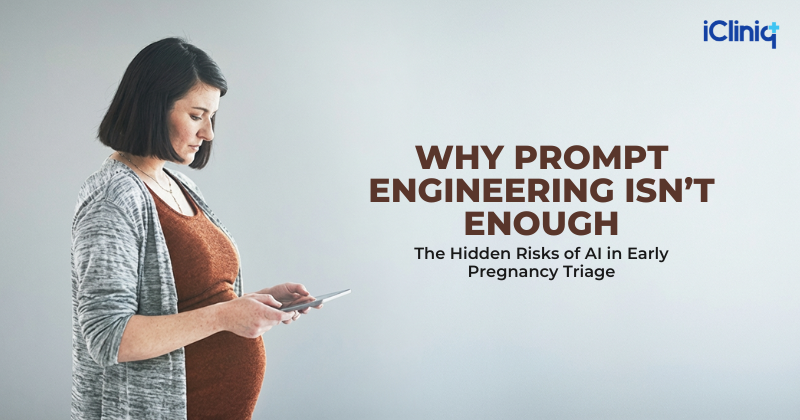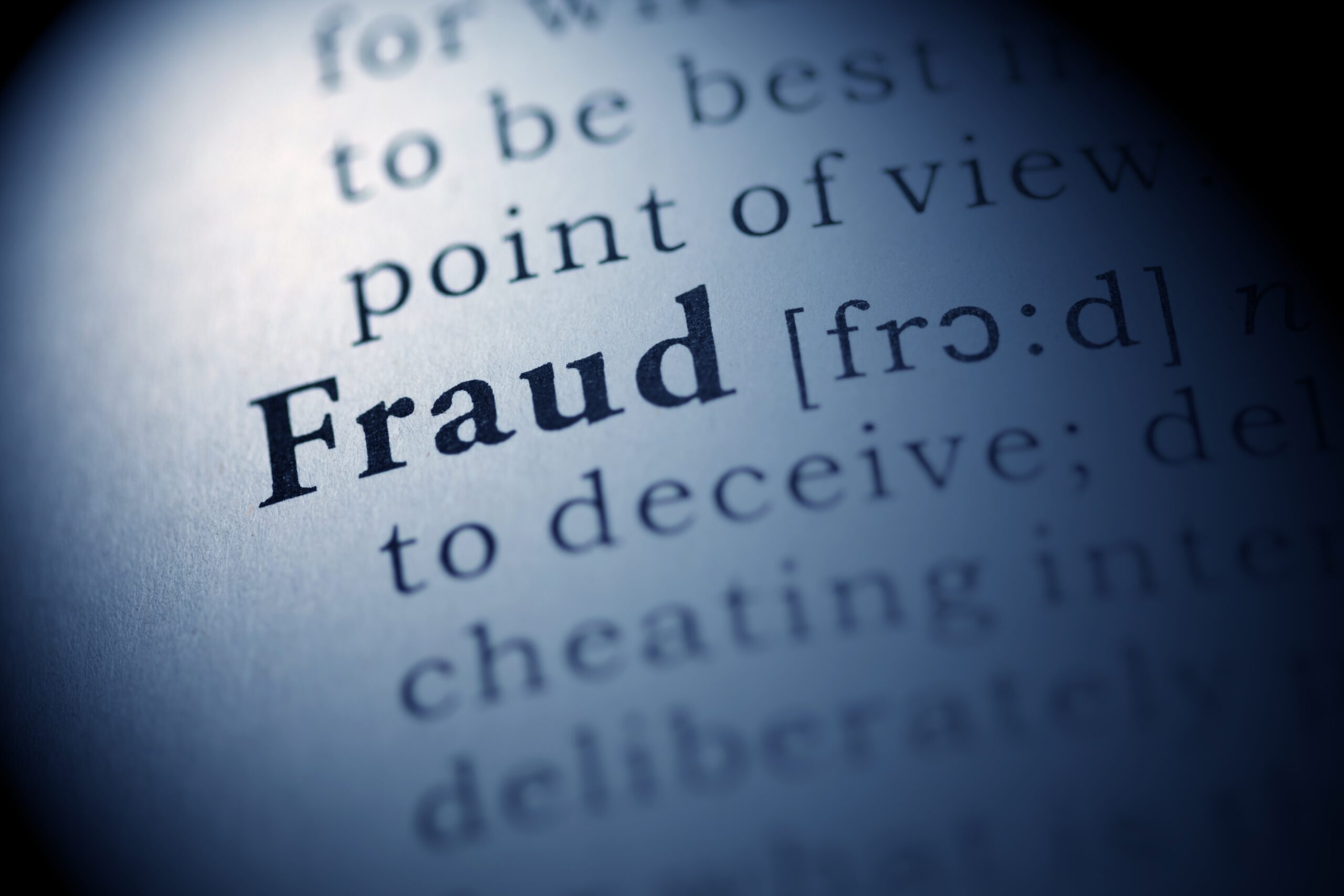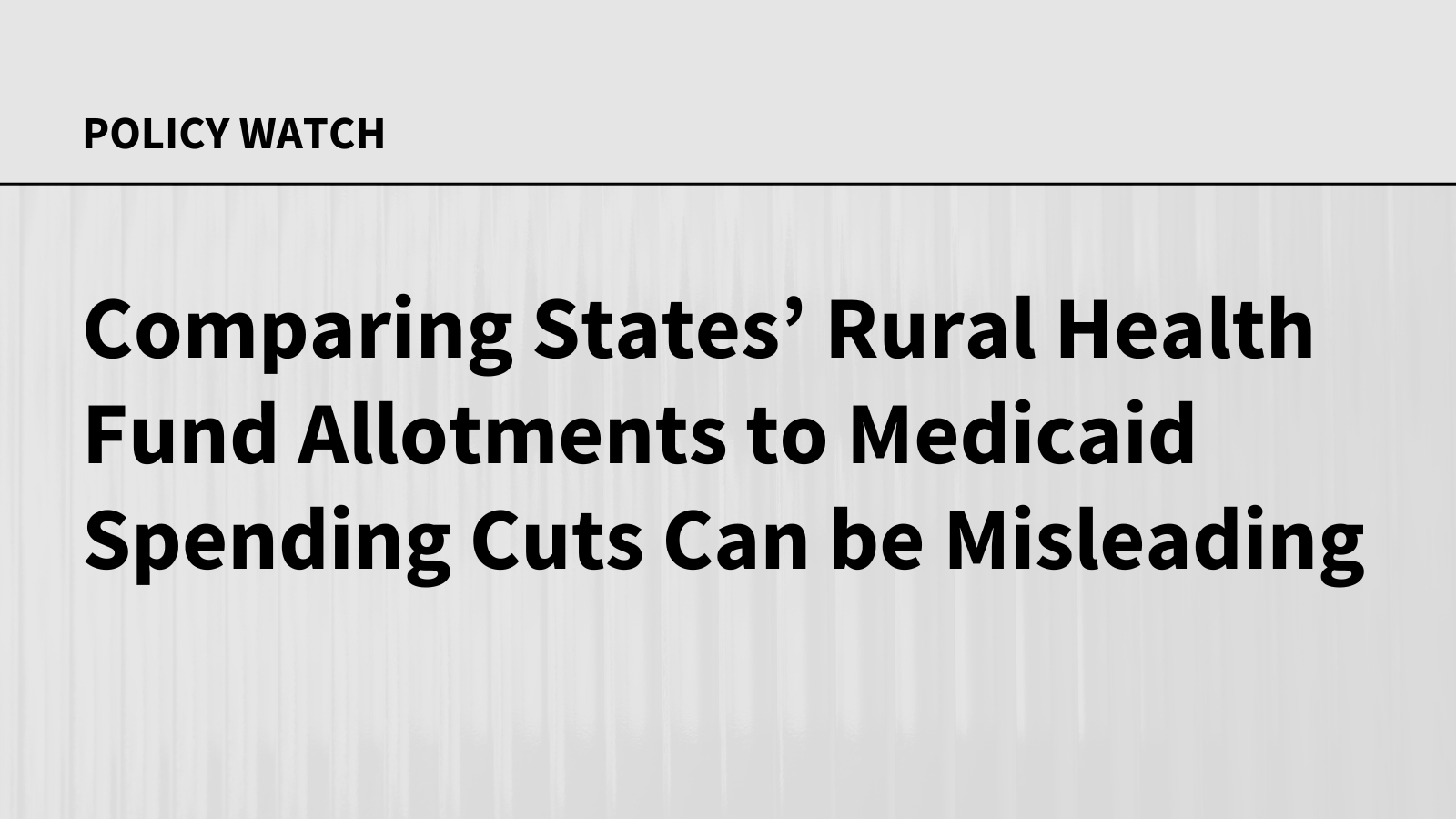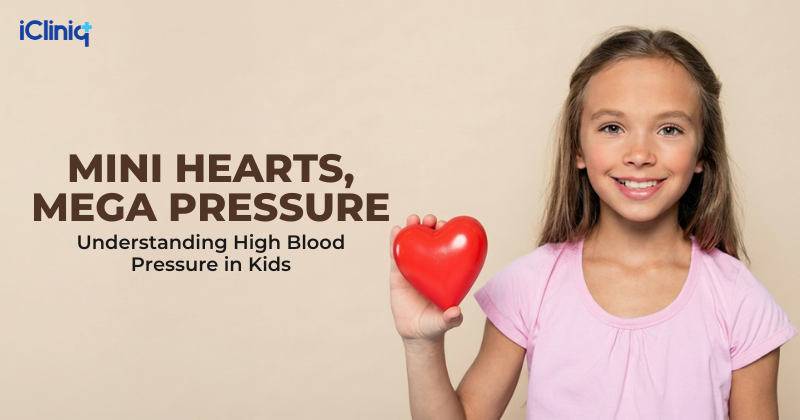As federal vaccine policy changes, most (59%) adults do not expect to get a COVID-19 vaccine this fall, while four in 10 (40%) say that they will “definitely” or “probably” get the shot, a new KFF Tracking Poll on Health Information and Trust finds.
The groups most likely to say they will “probably” or “definitely” get the vaccine this fall include older adults (55%) and Democrats (70%). In contrast, most Republicans say they won’t get the shot, including 59% who say they will “definitely not” get the vaccine.
Among those who plan to get the shot, two-thirds (66%) say they are concerned the vaccine won’t be available to them, and a similar share of those with insurance (62%) are concerned their insurance won’t cover the cost.
The poll comes after Health and Human Services Secretary Robert F. Kennedy Jr.’s announcement this spring that the Centers for Disease Control and Prevention (CDC) would no longer recommend the vaccine for healthy children or pregnant women, and the CDC subsequently recommended shared decision-making between parents and doctors.
The poll finds that many parents of children under age 18 are confused and uncertain about whether COVID-19 vaccines are recommended for healthy children this year.
About half (48%) of parents say they don’t know whether or not federal agencies recommend healthy children get the vaccine this fall. More say the vaccine is not recommended (31%) than recommended (21%) for healthy children.
When asked about the impact of the changes that Secretary Kennedy is making to vaccine policy, one in five (20%) adults nationally say they are making people safer, while more than a third (36%) say they are making people less safe. Others say that they don’t know enough to say (31%) or that the changes won’t make a difference (13%).
Views on the impact of the changes split along partisan lines, with Republicans much more likely to say the changes are making people safer (41%) than less safe (9%), and Democrats much more likely to say less safe (62%) than safer (4%). Among independents, more than twice as many say the changes are making people less safe (41%) than safer (16%). At least a quarter of adults across partisans say they don’t know enough to say how the changes will impact people.
The poll also assesses the public’s trust and confidence in federal authorities around vaccine issues. Findings include:
- More than half of people (57%) say they have at least “a fair amount” of trust in the CDC to provide reliable information on vaccines.
- Fewer than four in 10 (37%) say they trust Secretary Kennedy to provide reliable information on vaccines. Republicans (70%) are far more likely than independents (30%) or Democrats (11%) to say they trust Secretary Kennedy to provide reliable vaccine information.
- About half (49%) of the public says they have at least some confidence in federal agencies like the CDC and the Food and Drug Administration (FDA) to ensure the safety and effectiveness of vaccines, consistent with recent findings.
Designed and analyzed by public opinion researchers at KFF, this survey was conducted July 8-14, 2025, online and by telephone among a nationally representative sample of 1,283 U.S. adults in English and in Spanish. The margin of sampling error is plus or minus 3 percentage points for the full sample. For results based on other subgroups, the margin of sampling error may be higher.
Publisher: Source link










